Swimming for Olympic gold at age 34 is a long shot. Most of the competition lining up at the starting blocks is in their 20s; many swimmers retire when they are in their 30s.
Roland Schoeman is swimming against the prevailing wisdom. A 10-time world-record holder and three-time Olympic medalist, at 34 he’s still among the fastest swimmers in the world. And he sees no reason to hang up his goggles yet.
“Why stop when I’m still getting better?” Schoeman says. “I love what I’m doing.”
Schoeman considers his age and attendant experience to be one of his core strengths, along with his intensive training plan; nutrient-dense, high-fat, low-carb, gluten-free diet; and an enduring belief in his abilities — as well as his potential.
“I still believe there’s huge room for improvement, whether it be dietary, stroke mechanics, mental — I’m still learning.”
Born in South Africa, Schoeman came to the United States in his college days and has been largely based here ever since. He continues to train from his home in Phoenix, but hopes to swim for South Africa in the 2016 Summer Olympics in Rio de Janeiro.
While living in the United States, Schoeman remains staunchly true to his native country. In 2005, for instance, he was offered a multimillion-dollar deal to “defect” and represent Qatar in the Olympics. He stood by South Africa.
Schoeman told news media at the time that he had “reconfirmed for myself that it is of tremendous importance to me that I am part of the vibrant, challenging, frustrating, beautiful, and above all hopeful country I call home. . . .
“There is much that remains to be done to ensure that South Africa will be a haven to all its people. I believe that sport serves to aid nation building, that it has the ability to unite people and can be used to work towards the greater good of all.”
Schoeman currently holds the world record in the short-course 50-meter freestyle. He’s also won several World Championship medals and has set numerous records in his native country. If he qualifies for the 2016 Olympic Games, he will become the first South African to compete in five Olympics.
“That’s part of the legacy I’d like to leave,” says Schoeman. “I want to leave the sport of swimming having broken boundaries, both physical and mental.”
What will he focus on after Rio? “I’m not entirely sure,” he says. No matter what he chooses, though, “nobody is going to tell me what I can’t do. If I believe in myself, I’ll be able to do it.”
Q & A With Roland Schoeman
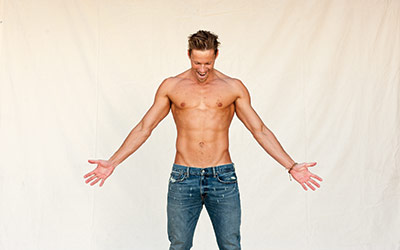
Experience Life | You played several sports as a child. When and how did you decide to focus on swimming?
Roland Schoeman | My coach believed in me, and the more I improved, the more I started to have faith. A fair number of times I questioned what I was doing and if it was worthwhile, but ultimately my improvement as a swimmer caused a snowball effect in terms of confidence.
EL | At 34, you’re a veteran swimmer. What are the advantages of age when it comes to athletics and competition?
RS | Experience, physical and mental maturity, and knowing exactly what to expect. Also, developing patience and an understanding of the process. As a youngster, I used to be my own worst enemy. I had a tendency to really get down on myself if I wasn’t swimming fast. I was just naive about everything — the people around me, their expectations, what was required of me. I put unnecessary pressure on myself, and let negative newspaper articles affect me; I wanted to be liked by everybody.
As I’ve gotten older and more mature, I’ve developed a more intimate understanding of the sport. I’ve also realized that not everybody is going to like me. Not everybody is going to support me. There is that quote that goes something like: “Be nothing, do nothing, in order to get no criticism.”
EL | You hope to become the first South African to compete in five Olympics.
RS | This is definitely a goal of mine. I love swimming and the physical and mental challenges that it brings. I love being able to push my body to the limit, and my goal is to be the best I’ve ever been. My goal is to prove to the world that you can be in your mid-30s and still excel in the world of swimming. Dara Torres [who was, at 41, the oldest athlete to compete in Olympic swimming] did amazingly in this regard. Hers are pretty big shoes to fill, but I hope I can follow in her footsteps.
EL | You won gold as part of the relay team at the 2004 Athens Olympics, but your team was considered the underdog. What are the benefits of going into a race with relatively low expectations?
RS | I think the biggest advantage comes with the idea that you have nothing to lose and everything to gain. Nothing was expected of us. We weren’t under intense scrutiny and we didn’t have any expectations to live up to. I think being the underdog also allowed our victory to be that much sweeter.
EL | Describe the pressure of competing on the world stage.
RS | There is a fair amount of pressure, but that is what I do. That is my job. I’ve played in a couple of pro-am golf tournaments, and standing on the first tee with seven spectators, I felt more nervous than swimming in front of 16,000 people.
EL | You recently switched to a high-fat, low-carb diet. What do you eat each day?
RS | Breakfast is bacon, poached eggs, sautéed spinach, and kale, all topped off with a Bulletproof coffee [a concoction of black coffee with butter and medium-chain triglyceride (MCT) oil]. Lunch is grilled chicken breast, quinoa and grilled vegetables, and avocado. Dinner is chicken or steak, some more grilled vegetables. Snacks are avocados and nuts.
EL | How did you feel after making the switch to the high-fat, low-carb diet? Do you notice a performance change?
RS | For the first month, the goal was zero carbs of any kind. It took about two weeks to really start feeling the difference. I started losing extra body fat. I felt that I had more prolonged energy throughout the day and just generally felt more alert. As a sprinter, however, and after consulting with some experts and coaches, I decided it was going to be necessary to add in some carbohydrates in order to replenish muscle glycogen. I think right now I’ve got the perfect ratio going. I am feeling as good as ever.
EL | What have you learned from your disappointing races?
RS | Failure isn’t something to be feared; it’s something to rejoice in. Failure gives us the opportunity to learn and improve. As soon as there’s failure, there’s a re-evaluation: What are we doing wrong? What can we be doing better? Too many people see failure as fatal. It isn’t. It’s a prerequisite for success. My goal is to fail as many times as possible so I can figure things out for the 2016 Olympics.
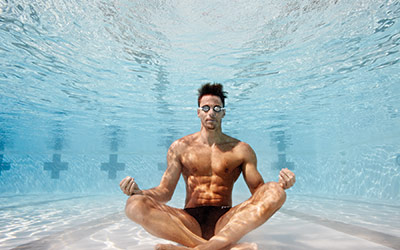
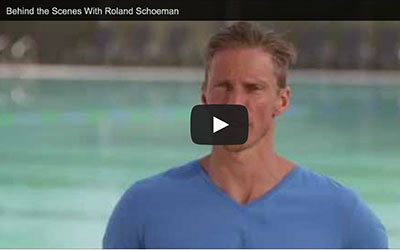
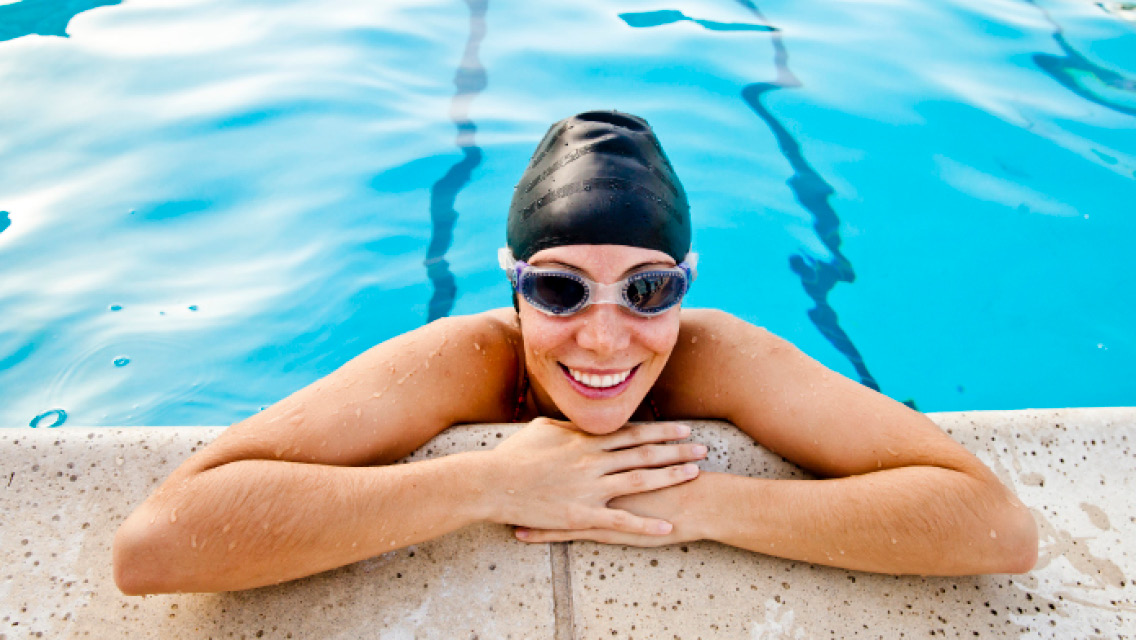
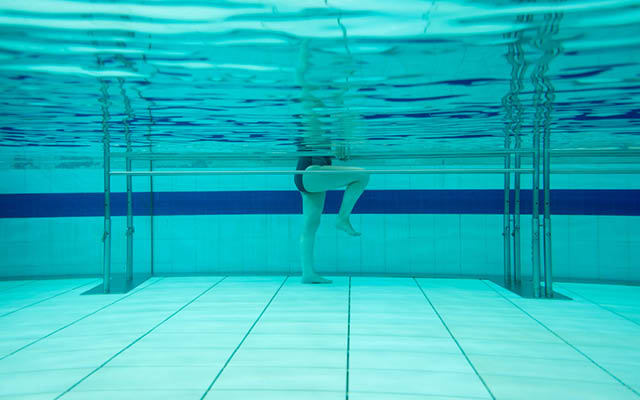
This Post Has 0 Comments